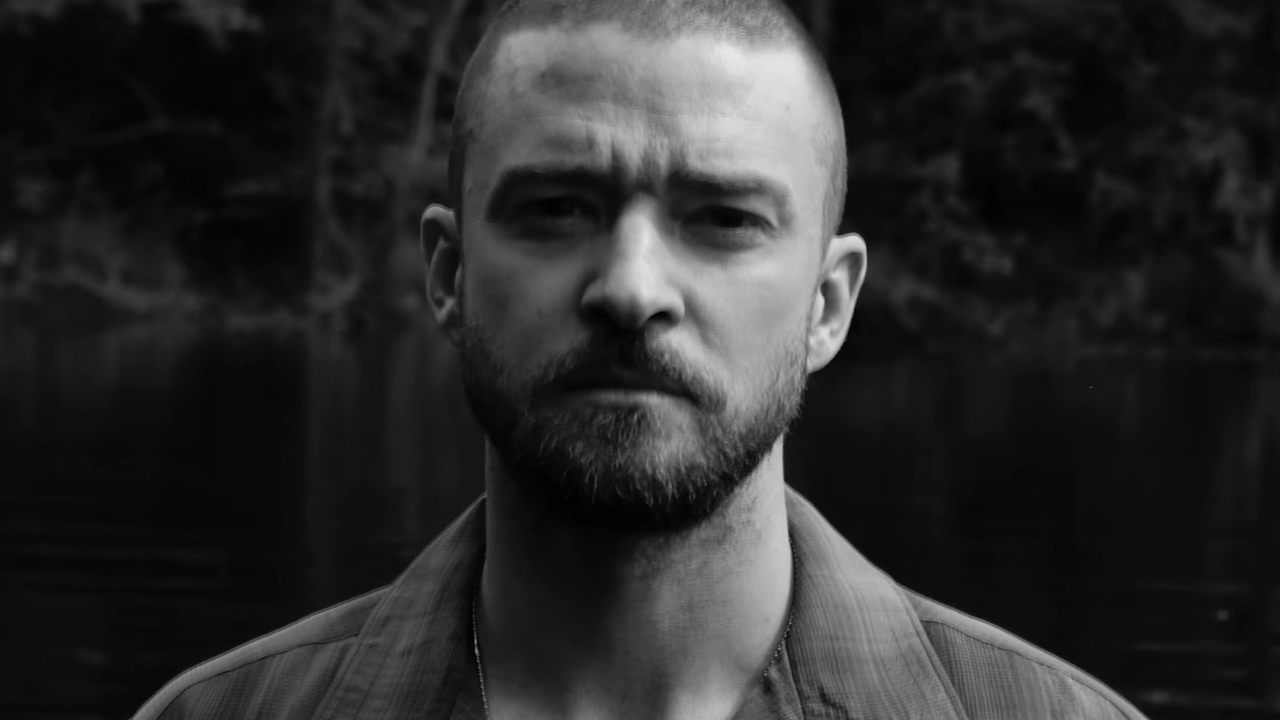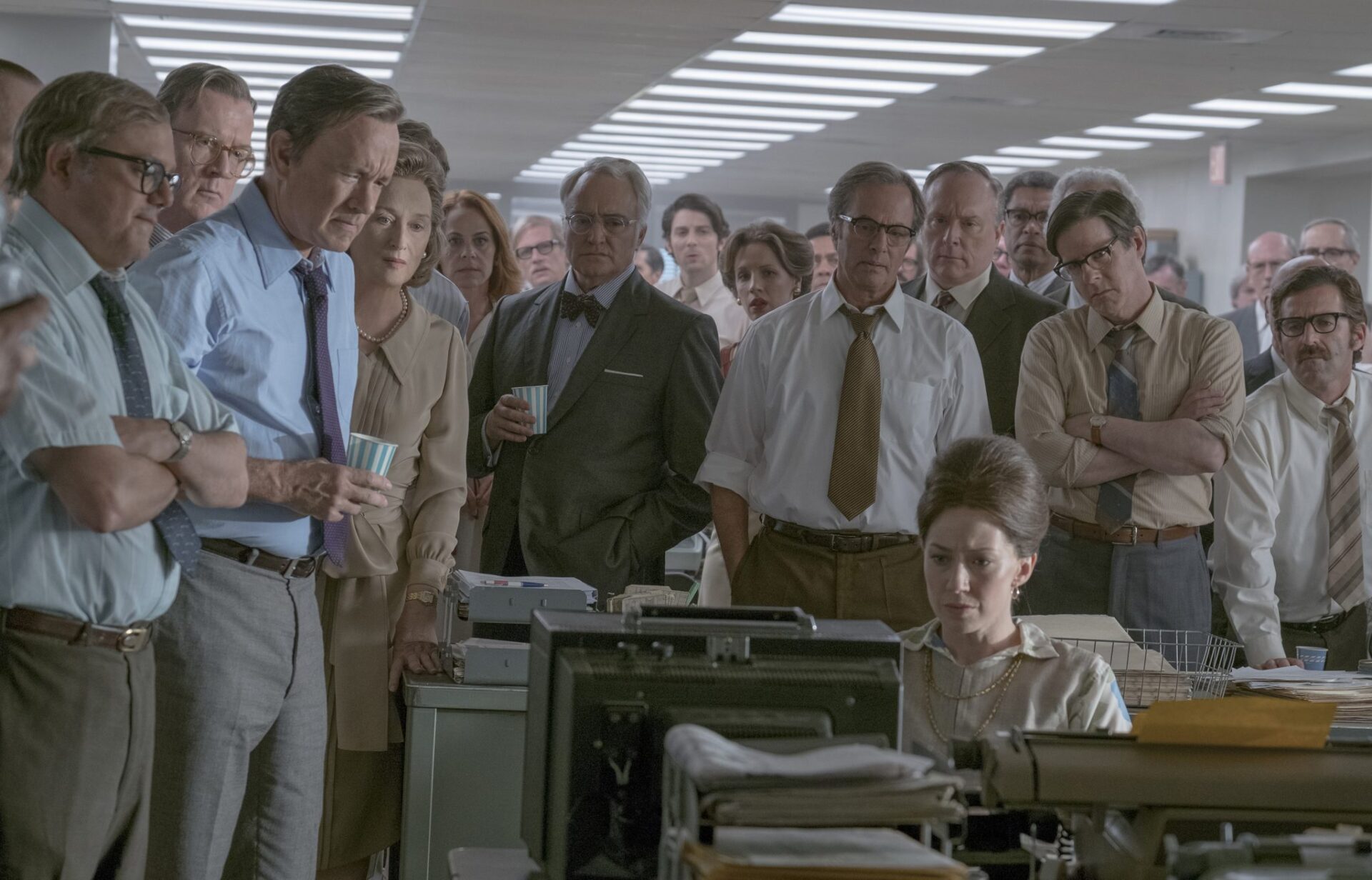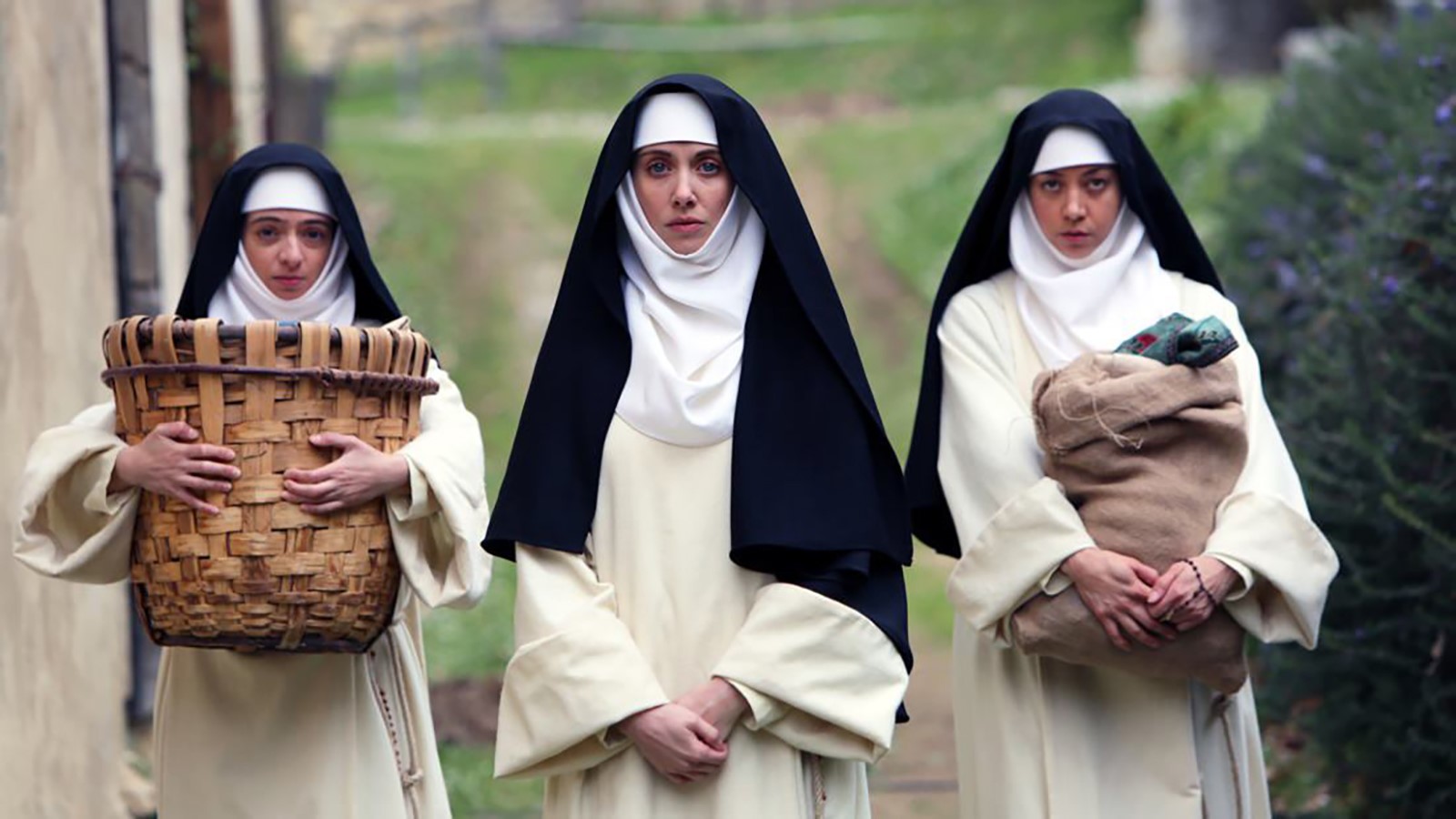There’s been a recent influx of films like John Woo’s Silent Night, Brian Duffield’s No One Will Save You, and A Quiet Place stories that elect either no or a very scant usage of dialogue. The thought process with this process is portraying emotions and plot developments through body language and facial expressions. That, paired with an elevated sense of secondary parameters, can make the experience effective without speaking. That is easy to do when sounds are the decider of life and death (like in A Quiet Place) or if you are the lone person on the receiving end of an alien invasion (No One Will Save You). It’s much more complicated when you have a lot of religious imagery and are trying to tell a story with little to go on.
E.L. Katz’s Azrael banks on a feral sense of simplicity and brutality. But even these devices are not enough to sustain this tale, even with a short runtime. Set years after the Rapture, a religious cult has taken a vow of silence. We witness a woman named Azrael (Samara Weaving) walking through the woods as if she’s taken refuge there for a bit. Looking back, she displays her silent displeasure for her partner (Nathan Stewart-Jarrett) for starting a campfire. Perhaps it will attract something not of this word. In reality, it’s from other cult members who are looking to sacrifice them to something out in the foliage. Do we know why Azrael and her lover are looking to escape? You never get a sense of that, as both of their vocal cords have been severed with cross tattoos adorned on their necks.
With a confined story like this one, it’s hard to depict how much time has passed. Even with its biblical beginnings, the post-apocalyptic landscape doesn’t feel divorced from anything in our present time. Weaving and Stewart-Jarrett do their best to show the audience their characters that they have known each other for a long time. The writing from Simon Barrett is looking for this love story to be the ultimate bridge to cover, whereas more solidified things about the plot might not be as clear. Passages from the Bible often flash, dividing Azrael into segments, and while they might elude to a foreboding fate to come, they don’t provide a backstory to the lore that’s presented. Quickly, members of the cult find Azrael and her partner and strap her down to a chair as she’s bleeding — regulating themselves to a collection of heavy breathing and growing as to call something out.
Suddenly, a burned, charred zombie-like humanoid emerges into a frenzy. Almost no background is given on where they came from and how these entities were created — a stiff brushing of the wind indicates these ghouls’ pending arrival. Why do these cultists need to sacrifice these two people at the altar of these (presumably) demons? Are they an offering to leave them alone? Azrael presents more questions than answers that muddy the waters of what it’s trying to do. This film seeks two destinations. One is a church with a mysterious pregnant woman in white who has made paintings all over the walls to display the future. Another is to unleash Weaving in a fury of murderous revenge to gain the gory upper hand over those who tried to kill her. Katz’s film successfully displays the latter — invoking the spirit of Weaving’s previous character in 2019’s Ready Or Not, where it was great to see her fight back against a supernatural order of steps.
Beyond the surface level of seeing Azrael come into her own, the film creates a distance that prevents the viewer from emotionally investing in the struggle. What is the actual event everybody seems to be afraid of? Azrael builds a threat in a world that doesn’t have much to latch on to regarding how on the brink it is.
Photo Credit: SXSW













